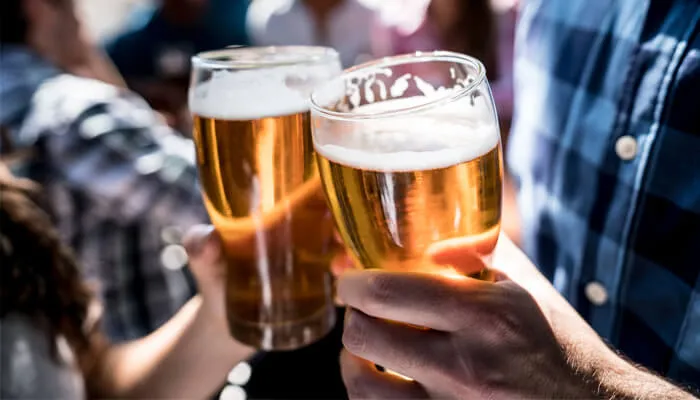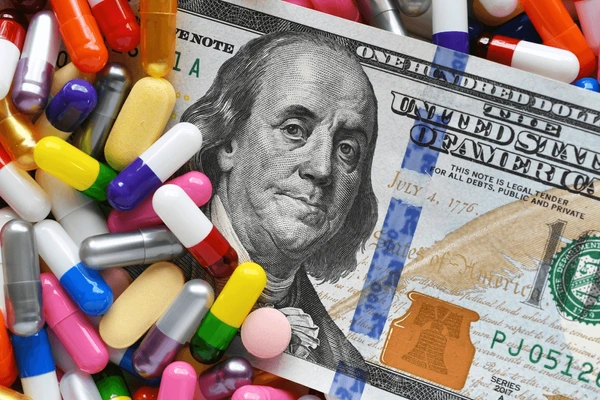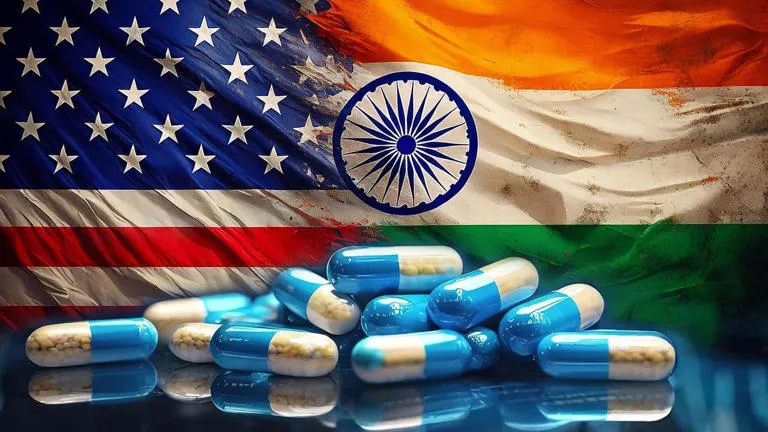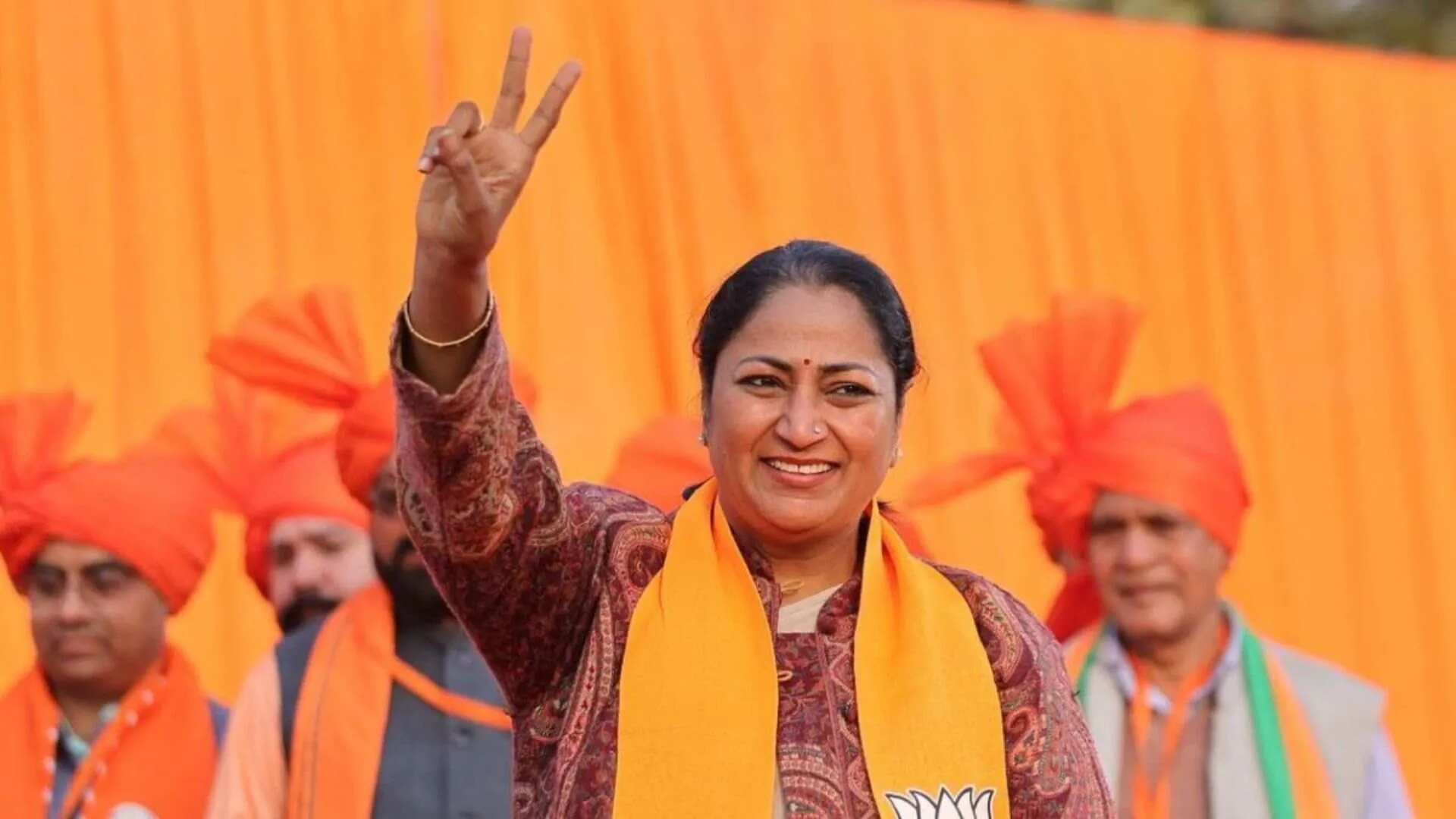A groundbreaking study published in Nature Medicine reveals the alarming connection between sugar-sweetened beverages and the global rise in Type 2 diabetes. According to the research, sugary drinks were responsible for approximately 2.2 million new cases of Type 2 diabetes worldwide in 2020. Alongside this, 1.2 million cases of cardiovascular diseases were also linked to these beverages, shedding light on their devastating impact on global health.
The Scope of the Research
The study analyzed data from 184 countries, offering a comprehensive overview of how sugar-sweetened beverage consumption contributes to these diseases. It highlighted significant variations across demographics, revealing that men, younger adults, people with higher education levels, and urban dwellers are more likely to consume these beverages, thereby facing greater health risks.
While the impact of sugary drinks was felt globally, the burden was disproportionately higher in certain regions. Countries in Latin America, the Caribbean, and sub-Saharan Africa experienced the highest rates of new diabetes cases attributed to these beverages. For example, in sub-Saharan Africa, 21% of all new diabetes cases in 2020 were linked to sugary drink consumption. Similarly, in Latin America and the Caribbean, nearly 24% of new diabetes cases and over 11% of cardiovascular disease cases were attributed to sugar-sweetened beverages.
Regional Insights
The study revealed that Colombia experienced the steepest rise in diabetes cases related to sugary drinks between 1990 and 2020, with an average increase of 793 cases per 1 million adults. In 2020 alone, nearly half of Colombia’s new Type 2 diabetes cases were associated with these beverages. The United States followed closely, with an average increase of 671 cases per 1 million adults over the same period.
Interestingly, the highest proportional increases in both Type 2 diabetes and cardiovascular disease occurred in sub-Saharan Africa. This points to the expanding reach of sugary drinks into low- and middle-income nations, where the long-term health consequences often strain underfunded healthcare systems.
Why Sugary Drinks Are a Problem
Sugar-sweetened beverages, such as sodas, energy drinks, and sweetened juices, are widely consumed across the globe. They are heavily marketed, often in low- and middle-income countries, making them accessible and appealing to a broad audience. However, these drinks are high in added sugars and calories while offering little to no nutritional value.
The consumption of sugary drinks leads to weight gain, insulin resistance, and inflammation, all of which are major risk factors for Type 2 diabetes. The rapid spikes in blood sugar levels caused by these beverages can strain the pancreas, ultimately leading to insulin resistance and diabetes. Additionally, excess sugar intake is linked to an increase in triglyceride levels, which can contribute to cardiovascular diseases.
Policy Implications and Solutions
The authors of the study expressed hope that their findings will drive policy changes and public health interventions to mitigate the global burden of diseases linked to sugary drinks. Dr. Dariush Mozaffarian, senior author of the study and director of the Food Is Medicine Institute at Tufts University, highlighted the inequity of this issue. He stated, “Sugar-sweetened beverages are heavily marketed and sold in low- and middle-income nations. Not only are these communities consuming harmful products, but they are also often less well equipped to deal with the long-term health consequences.”
To address this issue, countries can consider implementing several measures:
- Taxation on Sugary Drinks: Evidence suggests that taxing sugar-sweetened beverages can significantly reduce their consumption. For instance, countries like Mexico and South Africa have implemented sugar taxes, leading to a measurable decline in sales and consumption.
- Public Awareness Campaigns: Educating the public about the risks associated with sugary drink consumption can encourage healthier choices. Awareness campaigns should target high-risk groups, such as young adults and urban populations.
- Labeling Regulations: Clear and transparent labeling of sugar content on beverage packaging can help consumers make informed decisions.
- Promoting Alternatives: Encouraging the consumption of healthier alternatives, such as water, herbal teas, or unsweetened beverages, can help reduce reliance on sugary drinks.
- Restricting Marketing to Vulnerable Groups: Limiting the marketing of sugary beverages, particularly to children and adolescents, can reduce their appeal.
A Call to Action
The findings of this study highlight the urgent need for global action to combat the health risks posed by sugary drinks. Governments, healthcare providers, and individuals must work together to address this growing crisis. Reducing the consumption of sugar-sweetened beverages is not just a matter of personal choice but a public health priority.
By adopting evidence-based policies and encouraging healthier dietary habits, we can reduce the incidence of Type 2 diabetes and cardiovascular diseases, ultimately improving the quality of life for millions of people worldwide. As the study underscores, the burden of sugary drinks is not just a health issue but a societal one, requiring a collective effort to create lasting change.
This new research serves as a wake-up call to prioritize health over convenience and profit. The time to act is now, before the global burden of diseases linked to sugary drinks becomes even more overwhelming.























